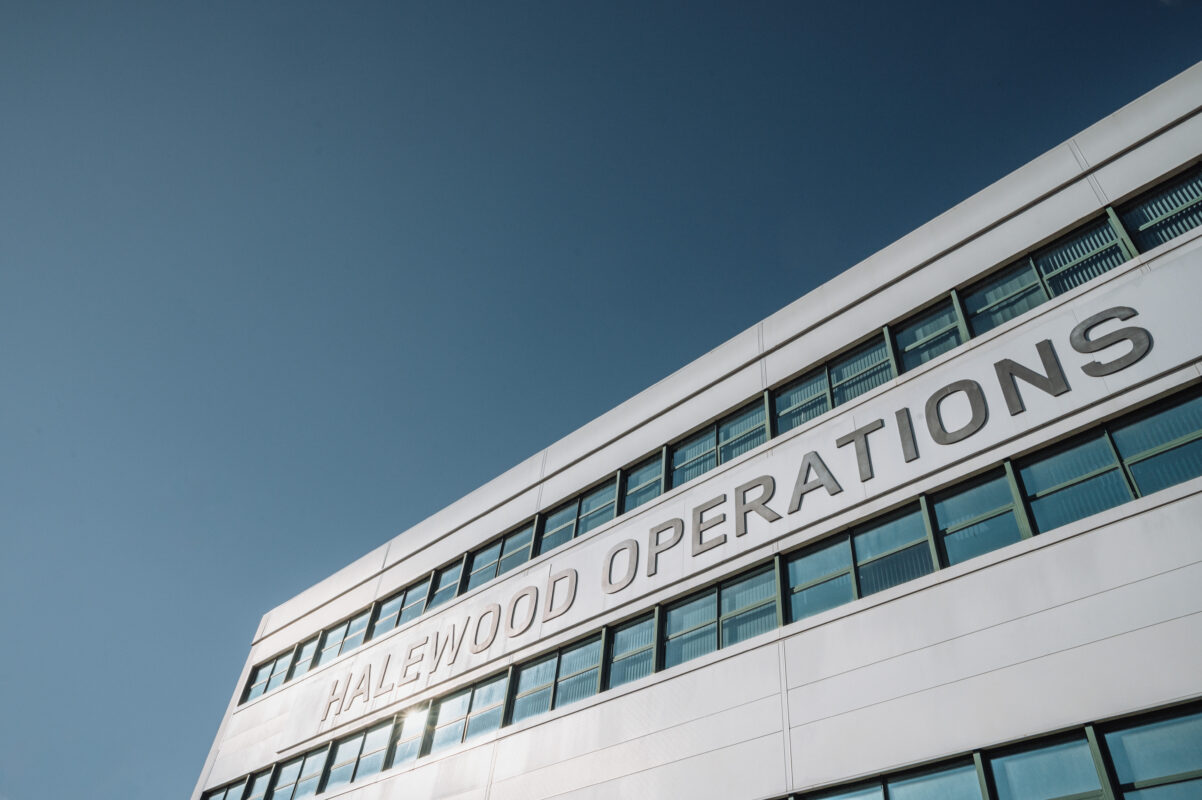Jaguar Land Rover's Green Revolution: Solar Investment and Hydrogen Innovation
Key Ideas
- Jaguar Land Rover is investing £500 million in decarbonising its Halewood plant, with plans to cover 10% of its energy consumption through 18,000 solar PV panels.
- The company has reduced operational emissions by 24.1% in four years and aims to cut overall carbon emissions by 46% by 2030.
- Integration of a hydrogen-powered boiler at the plant's paint shop is saving 2.4 tonnes of CO2e per day, contributing to an annual reduction of 565 tonnes.
- JLR is committed to electrifying all vehicle brands by 2030 and investing in upskilling employees in green technology through a dedicated Future Skills Programme.
Jaguar Land Rover (JLR) has unveiled a monumental £500 million investment plan to transform its Halewood manufacturing plant into a green hub. The installation of 18,000 solar PV panels with a capacity of 8,600GWh will significantly reduce the site's energy consumption, complemented by solar car parks for low-carbon electric vehicle charging. JLR aims to slash its carbon emissions by 46% by 2030, having already achieved a 24.1% reduction in operational emissions. Noteworthy is the adoption of a hydrogen-powered boiler at the paint shop, yielding a substantial daily CO2e saving and aligning with JLR's sustainability goals. The company's commitment to green initiatives extends to upskilling employees via the Future Skills Programme, emphasizing a shift towards green technology. This move underscores a broader trend in the industry, with other companies like Fera Science and GB NRG also turning to solar solutions for decarbonization. The convergence of solar power integration and hydrogen innovation marks a progressive shift towards sustainable practices in the automotive and industrial sectors.
Topics
Installation
Renewable Energy
Electric Vehicles
Green Technology
Decarbonisation
Solar Power
Skill Development
Industrial Sustainability
Renewable Installations
Latest News
